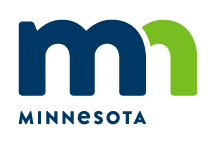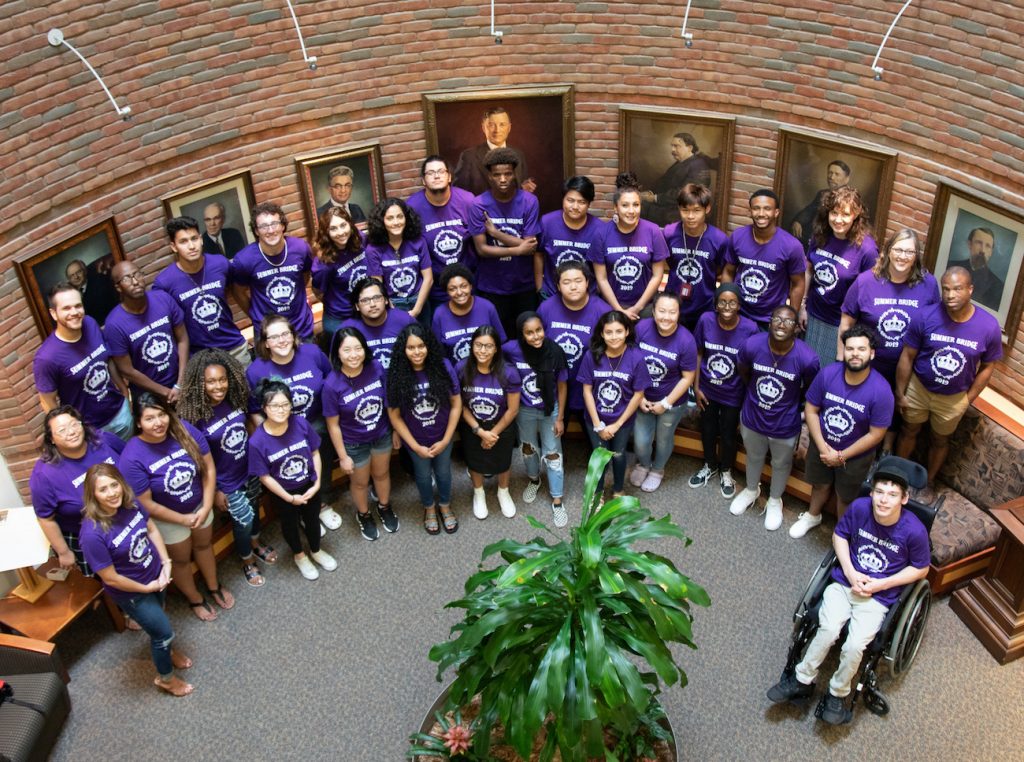 The Education Department (Dr. Audrey Lensmire) and the Information Technology Department (Scott Krajewski) are the recipients of two new grants from the State of Minnesota which total $250,000. The Governor’s Emergency Education Relief (GEER) grant awards will address equity in education and technology and remote learning needs among students of color, Indigenous students, and those who are disabled or low-income.
The Education Department (Dr. Audrey Lensmire) and the Information Technology Department (Scott Krajewski) are the recipients of two new grants from the State of Minnesota which total $250,000. The Governor’s Emergency Education Relief (GEER) grant awards will address equity in education and technology and remote learning needs among students of color, Indigenous students, and those who are disabled or low-income.
Lensmire’s GEER grant will provide direct aid to teacher candidates who have a need to defray unexpected costs posed by the pandemic during their student teaching semester and coursework. Krajewski’s GEER grant will ensure that students receive the hardware and software required for meeting course learning objectives, and will provide captioning on instructional video recordings in order to make them more accessible.
The grant awards will result in students and faculty being able to weather changes to their plans for learning and teaching a bit more smoothly. We owe thanks to the Minnesota Office of Higher Education for administering the competitive selection process this summer. We also wish to thank Dr. Lauren Causey for her skillful guidance in creating two high quality GEER proposals.
The GEER grant program is a redistribution of federal CARES Act funds.


